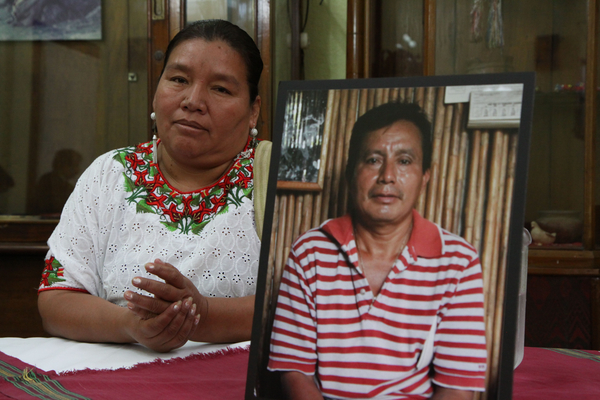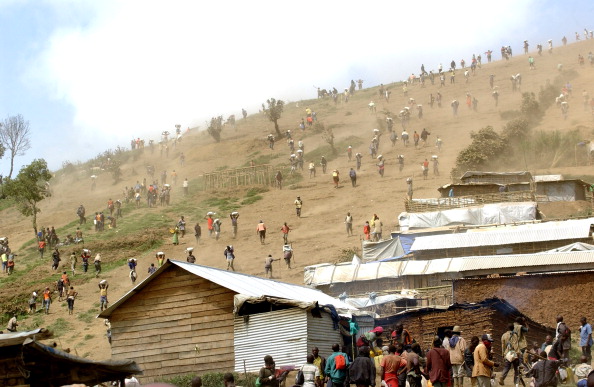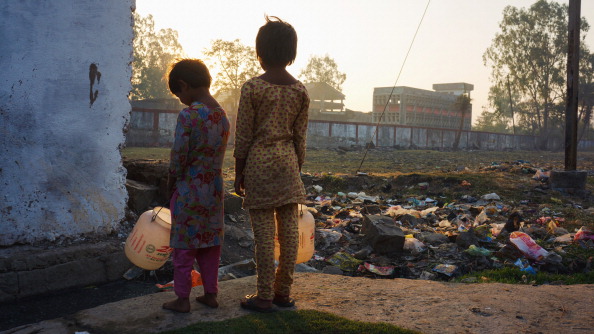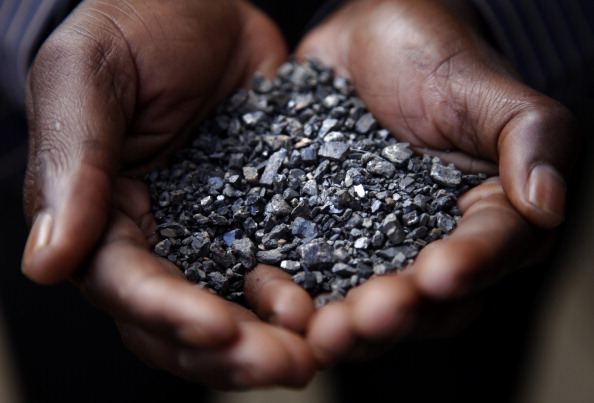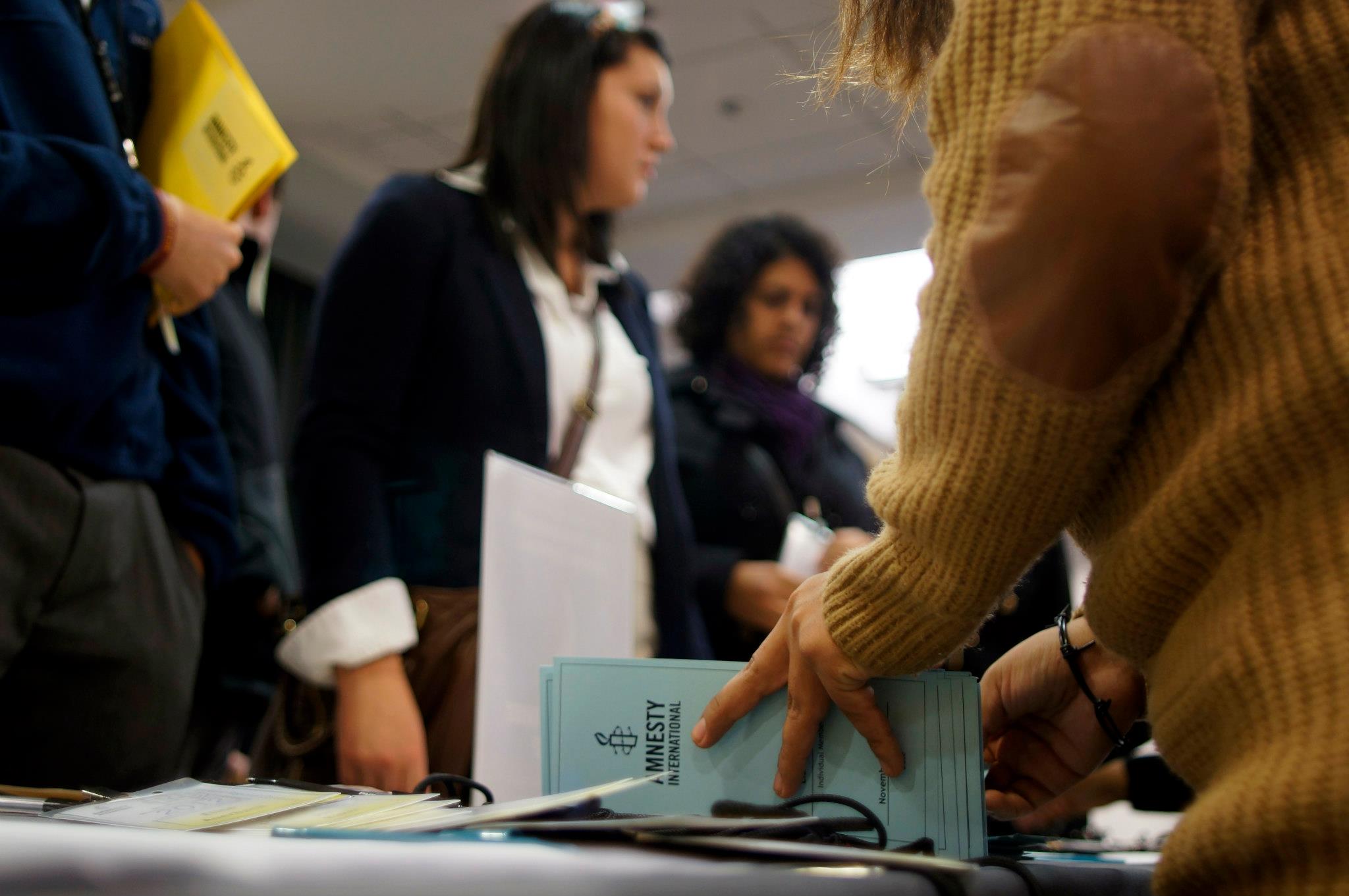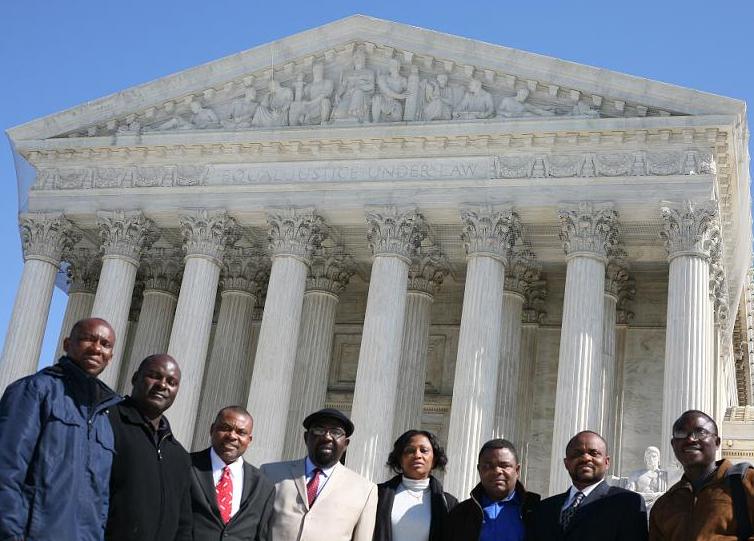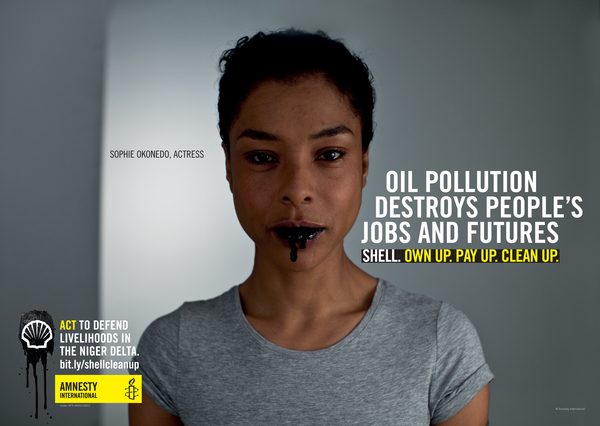 By Audrey Gaughran, Director of Global Thematic Issues at Amnesty International
By Audrey Gaughran, Director of Global Thematic Issues at Amnesty International
Full transparency is vital to establishing real solutions to oil spills and oil theft in the Niger Delta. But those that resist this most are oil companies such as Shell. If they are committed to addressing the Niger Delta’s problems of theft, sabotage and oil spills, why will they not disclose the relevant oil spill investigation data?
With that question in mind, here are 6 other questions Shell seems to be unable to answer about their role in oil pollution in Nigeria.
